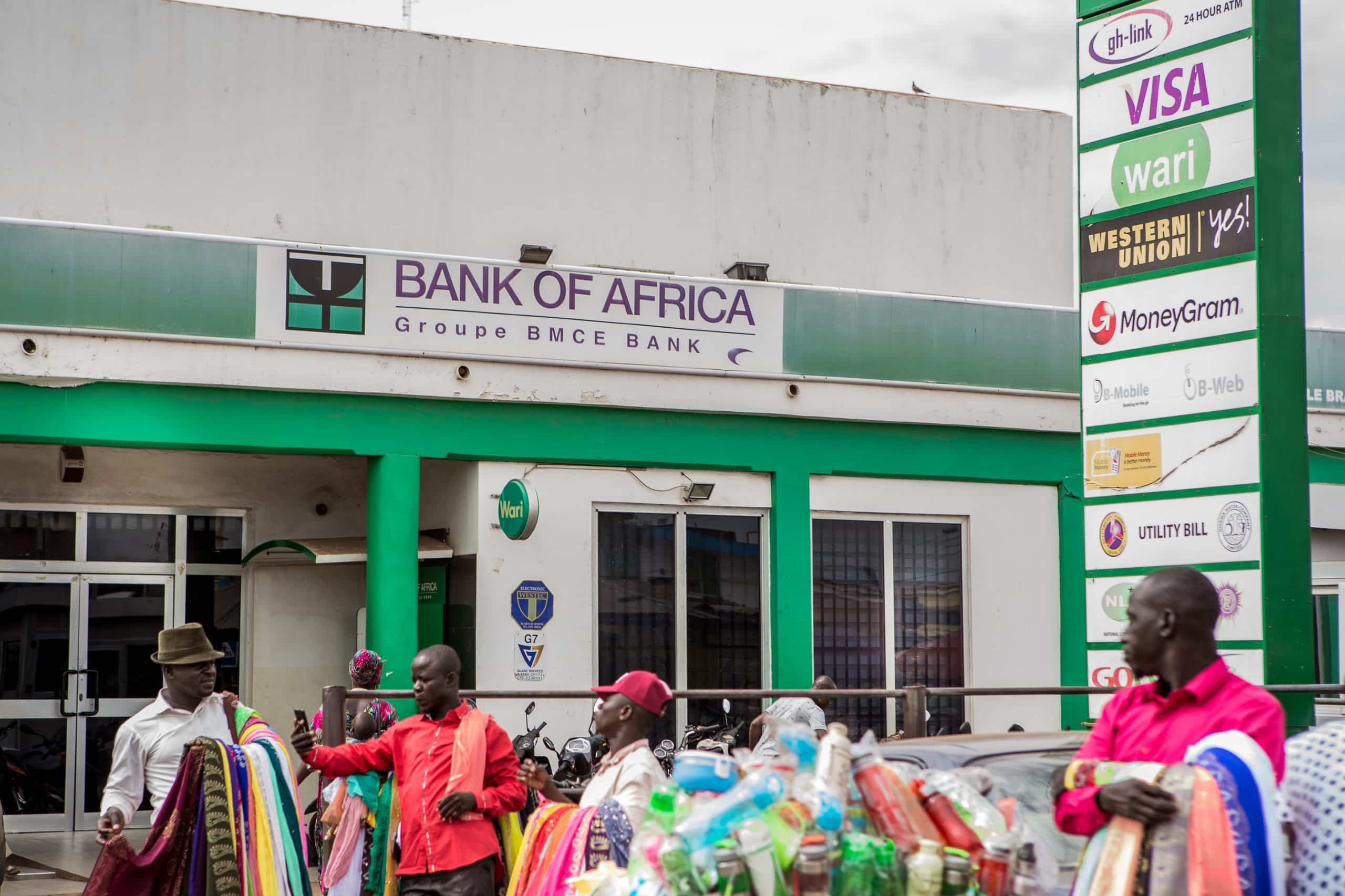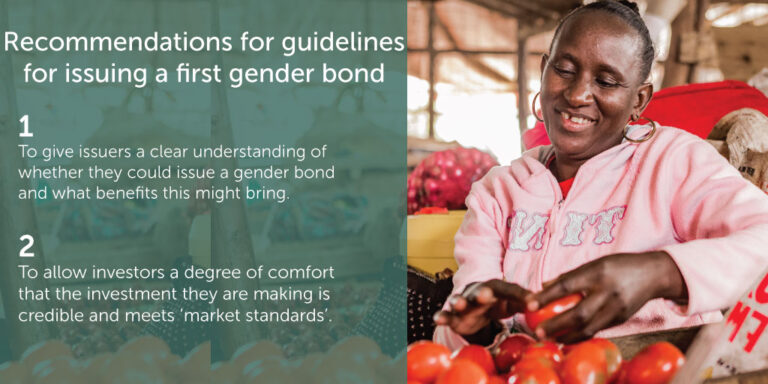Following a webinar we held on 23 February 2021, where together with Lion’s Head Group Partners educated participants on Green Bonds and shared key insights from this scoping study on the feasibility of a Green Bond Market in Ghana.
In this study, we describe what a green bond is, the benefits they offer to issuers and borrowers and the barriers in issuing them. We review the current state of the Debt Capital Market in Ghana and the active issuances, both sovereign and corporate. We then assess the state of development of Green Finance in Ghana, the viability of using the DCM to support sustainable development and highlight how green bonds could be used to achieve the country’s Nationally Determined Contributions.
We also benchmarked Ghana against other Sub-Saharan African (SSA) countries with active green bond markets to identify key market development actions. In our analysis of the potential for green bonds in Ghana, we provide key stakeholder takeaways from interviews held as part of the stakeholder engagement, which formed the basis of our data for the report in addition to information gathered through desk research.
Finally, we provide an analysis of key takeaways – including key hurdles to be addressed, recommend actionable initiatives that could be implemented to drive the green bond market in Ghana – and a short and medium-term potential pipeline derived from conversations with local stakeholders.
Through this collaboration, we hope to build thought leadership for FSD Africa in Ghana.





